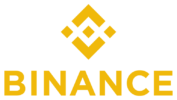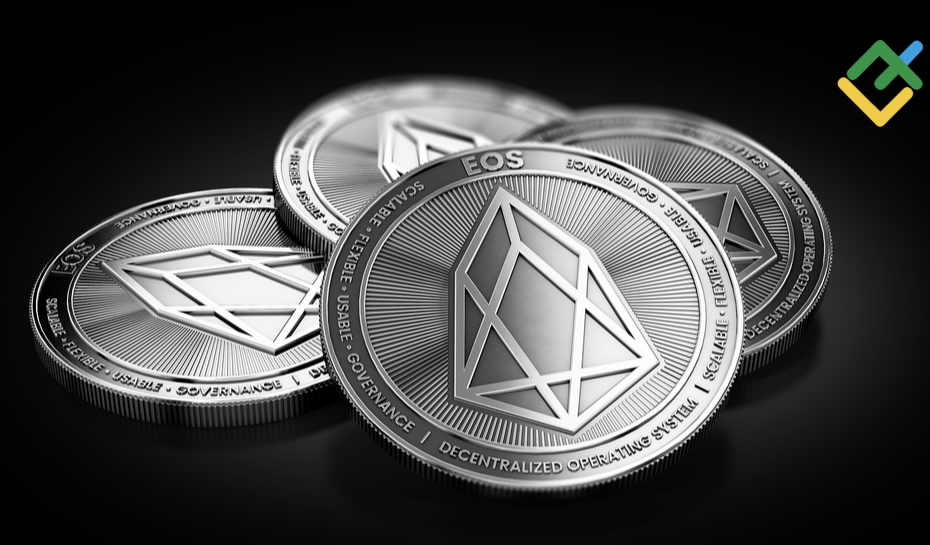This post may contain affiliate links, which means I may receive a small commission, at no cost to you, if you make a purchase through a link
Investors and cryptocurrency enthusiasts are constantly looking for the next big thing in the ever-evolving field. Internet Computer Protocol (ICP) and EOS are two prominent contenders that have attracted a lot of attention. With their distinct methods and technologies, both aim to revolutionize the blockchain industry. However, it can be difficult to choose which coin to invest in. In order to assist you in making an informed decision, this article delves into the fundamental aspects of ICP and EOS and compares their features, potential, and risks.
Recognizing ICP
The ambitious goal of decentralizing the internet led the DFINITY Foundation to launch Internet Computer Protocol (ICP). The goal of ICP is to make the public internet into a global, decentralized computing platform by expanding its functionality. Developers no longer need to rely on traditional centralized infrastructure when creating websites, enterprise IT systems, and internet services directly on the public internet. The unique selling point of ICP is its capacity to scale smart contracts, making it possible for them to operate at web speed and at lower costs. With its novel consensus mechanism and chain key technology, the ICP ecosystem’s various subnets (independent blockchains) can seamlessly interact with one another, resulting in this scalability. ICP has a lot of potential, and it envisions a new era of faster, safer, and cheaper decentralized applications.
Recognizing EOS
EOS, on the other hand, is a blockchain platform that was made to help businesses create decentralized applications (dApps). EOS was developed by Block.one to address the scalability and usability issues that existed with previous blockchain networks like Ethereum. Delegated proof-of stake (DPoS) consensus is used on the platform, which speeds up transactions significantly and lowers fees. EOS’s focus on usability is one of its major advantages. Developers can build and deploy dApps with greater ease thanks to the platform’s user-friendly interface and robust toolkit. EOS also has no transaction fees for end users, which is a big draw for developers and users who are looking for blockchain solutions that are affordable. A layer of decentralization and community involvement are added by the governance model of the platform, which lets token holders vote for block producers. Examining the Two Technology, scalability, user base, and the possibility of adoption all come into play when comparing ICP and EOS. If EOS has peaked your interesest and you are considering investing in it, you should take a look at eToro!
Scalability and technology:
ICP stands out from other blockchains thanks to its chain key technology and its capacity to establish a decentralized internet. A wide range of developers looking for creative solutions may be enticed by the promise of faster transactions on the internet and lower costs. EOS is highly scalable, has a high throughput and DPoS consensus, and operates within a more conventional blockchain framework. Although both platforms allow for scalability, ICP’s method is more ground-breaking and has the potential to offer a wider range of applications if it lives up to its claims.
Community of Developers and Users:
EOS has been around for longer and has developed a sizable developer and user community. It is a popular choice for dApp developers due to its user-friendly tools and zero transaction fees. Because it is newer, ICP is still developing its community. However, its ambitious plan and technological advancements are beginning to pique interest.
Use and Adoption Cases:
Decentralized applications (dApps) such as gaming and decentralized finance (DeFi) have already been implemented on EOS’s platform. A certain level of assurance regarding its capabilities and dependability is provided by its established presence. Although ICP is still in its infancy, it has the potential to upend conventional internet services. The way we interact with the internet and blockchain technology could be changed forever if ICP is successful in gaining widespread acceptance.
Problems and Dangers:
Risks exist for both platforms. Due to the DPoS mechanism, where a small number of block producers hold significant power, EOS has been criticized for its centralization. The blockchain’s decentralized ethos could be undermined by this. With its novel technology, ICP must demonstrate its scalability and dependability in actual applications. Additionally, unanticipated challenges may arise from the ambitious scope of ICP’s vision.
Conclusion
Your investment objectives and risk tolerance should guide your decision between ICP and EOS. ICP might be a good option for you if you’re interested in the possibility of creating a decentralized internet and are willing to put your money on cutting-edge technology. It’s an exciting, if risky, investment because of its novel approach and potential for wide-ranging applications. EOS, on the other hand, may be the safer option if you prefer a more established platform with a solid developer community and a proven track record. It is an appealing option for developers and users alike because of its focus on scalability, usability, and zero transaction fees. In the end, ICP and EOS each have their own advantages and potential disadvantages. Analyze which platform best reflects your vision for the future of blockchain technology, take into account your investment strategy, and conduct thorough research.

Sign up now and get a 100 USDT cashback voucher
Sources:
What is Internet Computer Protocol (ICP)?
What is Internet Computer? and Why it Can be The Future?
What is cryptocurrency EOS and how does it work?
EOS Network Foundation

